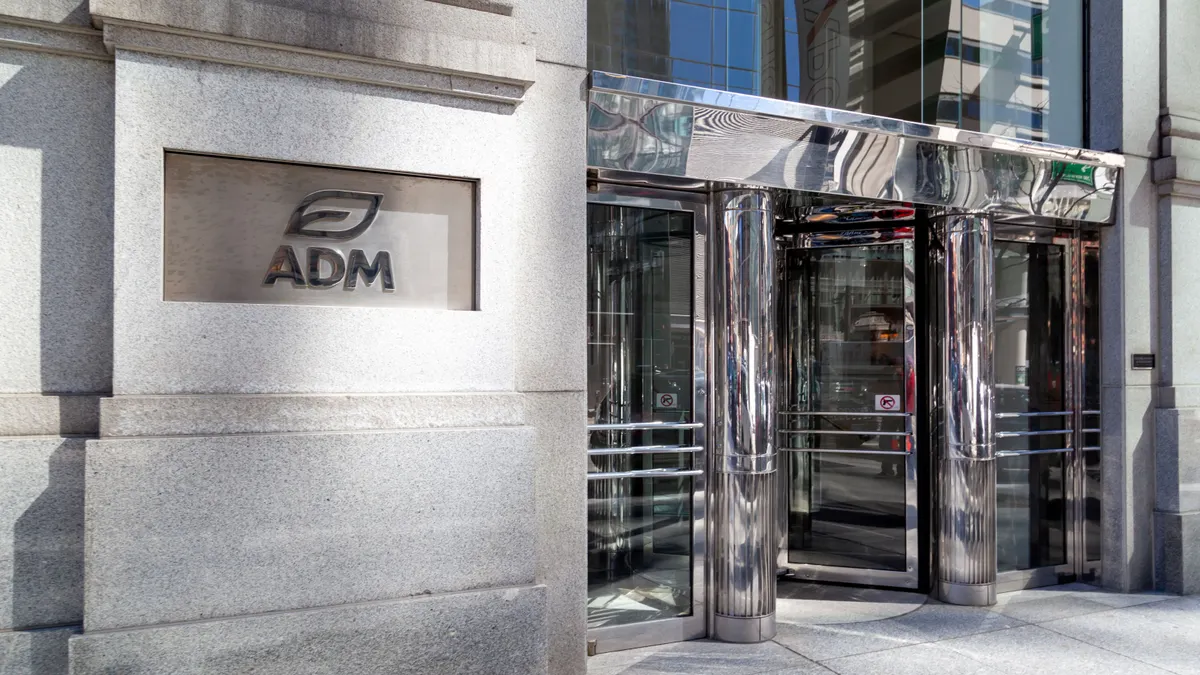Patrick Cescau is settling into his new job as the head of Unilever having taken over from Niall Fitzgerald. The transition was smooth: when Mr Fitzgerald took the post he said he would hold it for eight years, and his eight years are up. In February, he said Mr Cescau, a 30-year veteran of the Anglo-Dutch multinational and then head of its foods division, would be the next chairman, and from April Mr Cescau shadowed Mr Fitzgerald on the job. In another well-planned move, Mr Fitzgerald is not hanging around to watch over the new man’s shoulder. On October 1st he became non-executive chairman of Reuters, the news organisation, a role he is combining with a clutch of other appointments outside Unilever.
These careful steps are a sharp contrast to the uncertainty over succession at many other companies. This week, after the sudden withdrawal from the market because of health fears of its painkiller Vioxx, it emerged that Merck had begun looking for an outsider as a possible replacement for its chief executive, Raymond Gilmartin, who is due to retire in 2006. While an internal candidate might yet be appointed, the widening of the competition for the top job adds a new level of unpredictability to the future of the American drugmaker.
This could be made worse if the search drags on, like the long-drawn-out affair at Walt Disney. There Michael Eisner, its deeply entrenched boss, was forced to give up the chairmanship by dissatisfied shareholders in March and has said he will step down as CEO when his contract ends in September 2006. As with the recent pronouncement by Tony Blair that he will not be Britain’s prime minister beyond a third term, the timing of his departure may not be entirely his to determine. George Mitchell, Disney’s current chairman, has been quoted as saying that Mr Eisner “will continue to be the chief executive officer until such time as the board determines it is appropriate for the new CEO to take office”.
There is intense speculation about who that might be. Among the possibilities are Mr Eisner’s personal favourite, Robert Iger, currently Disney’s chief operating officer, and Terry Semel, the boss of Yahoo!.
An Inside Job
What is the best way to replace the boss? A recent study of large, non-diversified publicly traded American manufacturing firms in the Academy of Management Journal suggests that companies perform better under a new leader if that person has been groomed as the heir apparent — what it calls “relay succession”. The grooming period, say the authors, Nandini Rajagopalan and Yan Zhang, professors at the University of Southern California and Rice University respectively, is “akin to a school, within which a new CEO’s education takes place”. They found that, other things being equal, relay succession produces a significantly better financial performance than the alternatives — selecting an outsider, who inevitably lacks knowledge of the firm, or holding a competition between internal candidates.
But boards must do more than draw up a list of high-potential employees to plan an internal succession, argues a new report from A.T. Kearney. The management-consulting firm says one of its clients uses a talent-management programme that includes evaluation, mentoring and individual development plans for its high-flyers. “With business units often larger in size than some countries’ economies, and business complexity that requires continuity to sustain and grow shareholder value, more boards are making enterprise-wide succession plans,” claims the report.
Companies feel the need to turn to outsiders most strongly when they are underperforming. But unpublished analysis by Marakon, a consultancy, of transitions over the past decade at the top of Britain’s biggest quoted companies shows that internal appointees have been slightly more successful at turning round underperforming firms than outsiders, confirming the findings of Ms Rajagopalan and Ms Zhang. In fact, they found that struggling companies (other than those in “unstable industries”, such as computers and toys) gained even more from relay succession than did companies that were doing well. So if Disney, whose recent performance has been far from stellar, takes note of these findings, it ought to hand the baton to an internal candidate sooner rather than later.
And yet relying mostly on internal candidates can carry risks. In Disney’s case, the company’s problem is that the board, while appointing headhunters to trawl outside for a new boss, has said that Mr Iger is the only internal candidate, and a significant group of shareholders, incensed by Mr Eisner’s high-handed ways, are threatening to challenge anyone they feel he is trying to foist upon them.
The cost of holding a competition for the job among internal candidates seemed most apparent when General Electric chose Jack Welch’s successor by means of a three-horse race. The winner, Jeffrey Immelt, was announced in November 2000. In little more than a week, the two losing candidates had been lured away by big prestigious companies; James McNerney to 3M and Robert Nardelli to Home Depot. Their immediate loss was a high price to pay for holding a competition.
Even when succession planning works triumphantly, however, it can be undermined by accidents. McDonald’s boss, Jim Cantalupo, died of a heart attack in April this year while attending a company convention. Within hours the board had replaced him with their pre-agreed successor: Charlie Bell, a 43-year-old Australian. But Mr Bell almost immediately had to undergo surgery for cancer from which he has not yet fully recovered.
In November last year, Boeing had to sack its heir apparent, Mike Sears, when he was found to have offered a job to someone in the procurement department of the Pentagon. When the CEO, Phil Condit, was forced to resign soon after, the company had to call on 67-year-old Harry Stonecipher, a retired Boeing executive.
Unforeseen events and accidents aside, the evidence is now strongly in favour of the appointment of internal candidates to succeed the departing chief executives of big companies. This should mean that boards which turn to outsiders should have to give shareholders compelling arguments for doing so.




















